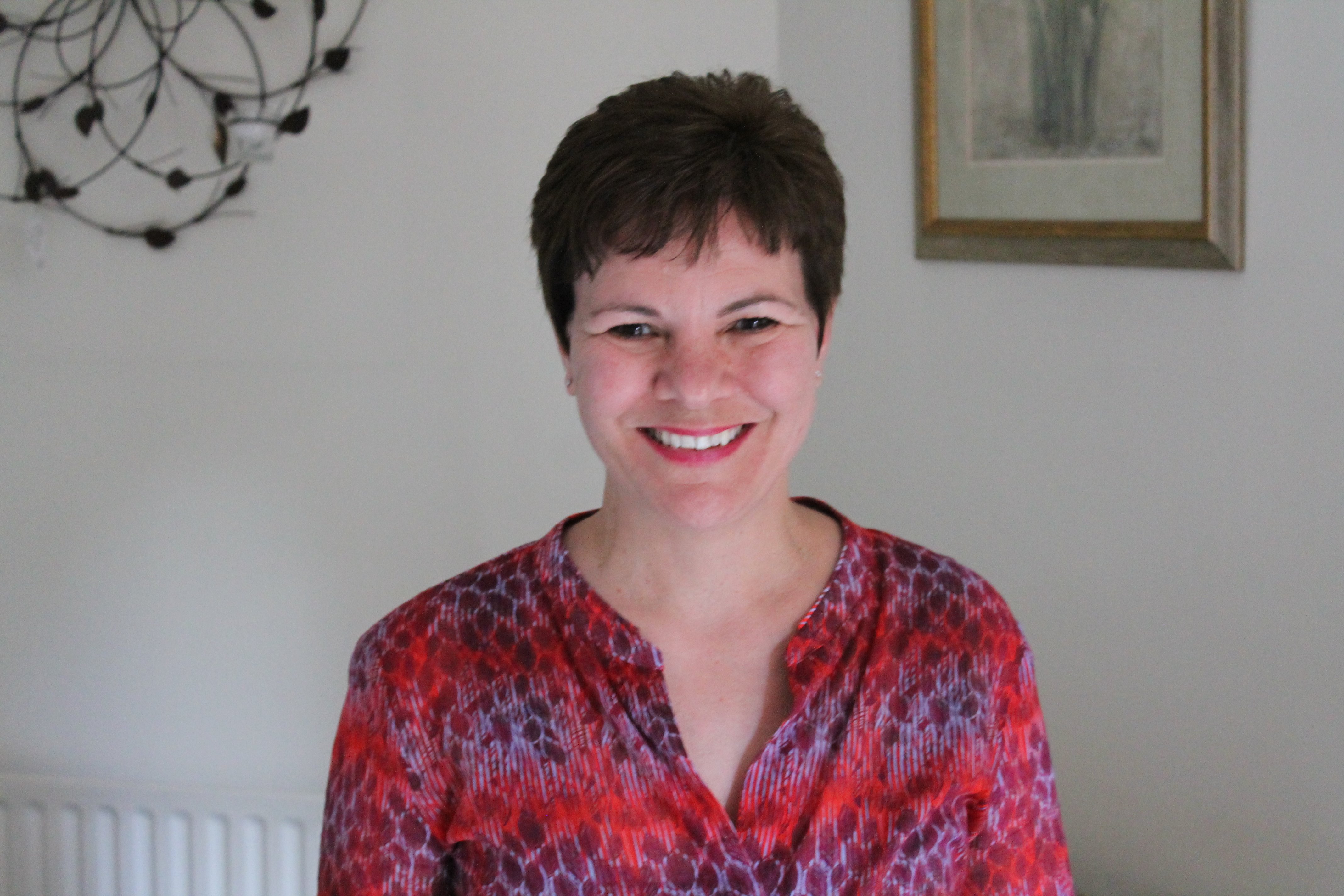In my role at St Catherine’s Hospice, I’m familiar with conversations around end of life. It’s important for me to talk openly about death and dying with patients and families to make sure patients’ wishes are fulfilled and that their loved ones are able to contribute to the end of life plans in their own way too.
Emma Freud said that the first time she had to organise a funeral she found it ‘baffling, terrifying, weird, overwhelming, devastating and incredibly important’. It’s a sentiment I agree with.
Supporting loved ones
Funerals are incredibly important, but organising one doesn’t need to be a negative experience. Whenever I’m asked to conduct one for a person St Catherine’s Hospice has cared for, it’s a real privilege and a valuable way of supporting their family and friends as they navigate those disorienting early days of grief.
Read more: What it’s like to work as a hospice nurse
Often the person who has died has left instructions; some more detailed than others. And my advice to anyone in respect of advance planning of your own funeral is to communicate your wishes regarding major decisions but also leave some room for your family and friends to make their own contributions. There have been times I’ve had to dissuade some people from scripting their own eulogies!
Planning funerals
Meeting with people to plan a funeral is often a really special time. There’s commonly talking, crying, laughing, and some looking at photographs. I hear poignant and funny stories, and gain insight into people’s character strengths and flaws. Of course, there are sometimes tensions and differences of opinion but usually, we can find a compromise.
I always try to allow the contributions of all who were close to the person who has died. For example, I helped an adult son with learning disabilities to write a simple farewell message to his mum which was then read at the funeral (with him nodding throughout). And a young daughter who’d enjoyed watching the film Frozen with her dad picked Let it Go when we were choosing the final piece of music for his service.
A good send-off
Many of us want a funeral to be a celebration of life but it’s also really important to give people permission and space for the helpful expression of natural and healthy grief. Whenever practically possible, I encourage the presence of a coffin in the service and the opportunity for mourners to accompany their loved one to a final ‘resting place’. These elements, although they may be difficult, are helpful in marking and acknowledging the reality of death.
Many of the funerals I conduct take place in 35 minutes at our local crematorium, but it’s still possible to personalise these in small but significant touches. At the funeral of a man born in Scotland, we all wore his family’s tartan in thistle and ribbon buttonholes. And a lady with a passion for crafting had her coffin draped in one of her own quilts instead of flowers. I also have a lasting memory of an autumn day, when, after interring the ashes of a man who loved gardening, we each took a turn with a spade to fill in the earth; pausing before replacing the turf to plant bulbs that would then bloom in the spring.
A funeral service itself is important, but opportunities to share and celebrate can, of course, continue afterwards. I politely decline the invitation to join mourners at those celebrations, particularly if they involve karaoke, as one did recently!
More about Lisa
Lisa Rainier has worked as a Chaplain at St Catherine’s Hospice in West Sussex for four years. While training as a Baptist minister, she undertook a two-week placement there, and this inspired Lisa to offer some of her time as a volunteer. This then led to a full-time role at St Catherine’s. One aspect of her unusual role is that of conducting funerals for some of the people cared for by the hospice.
